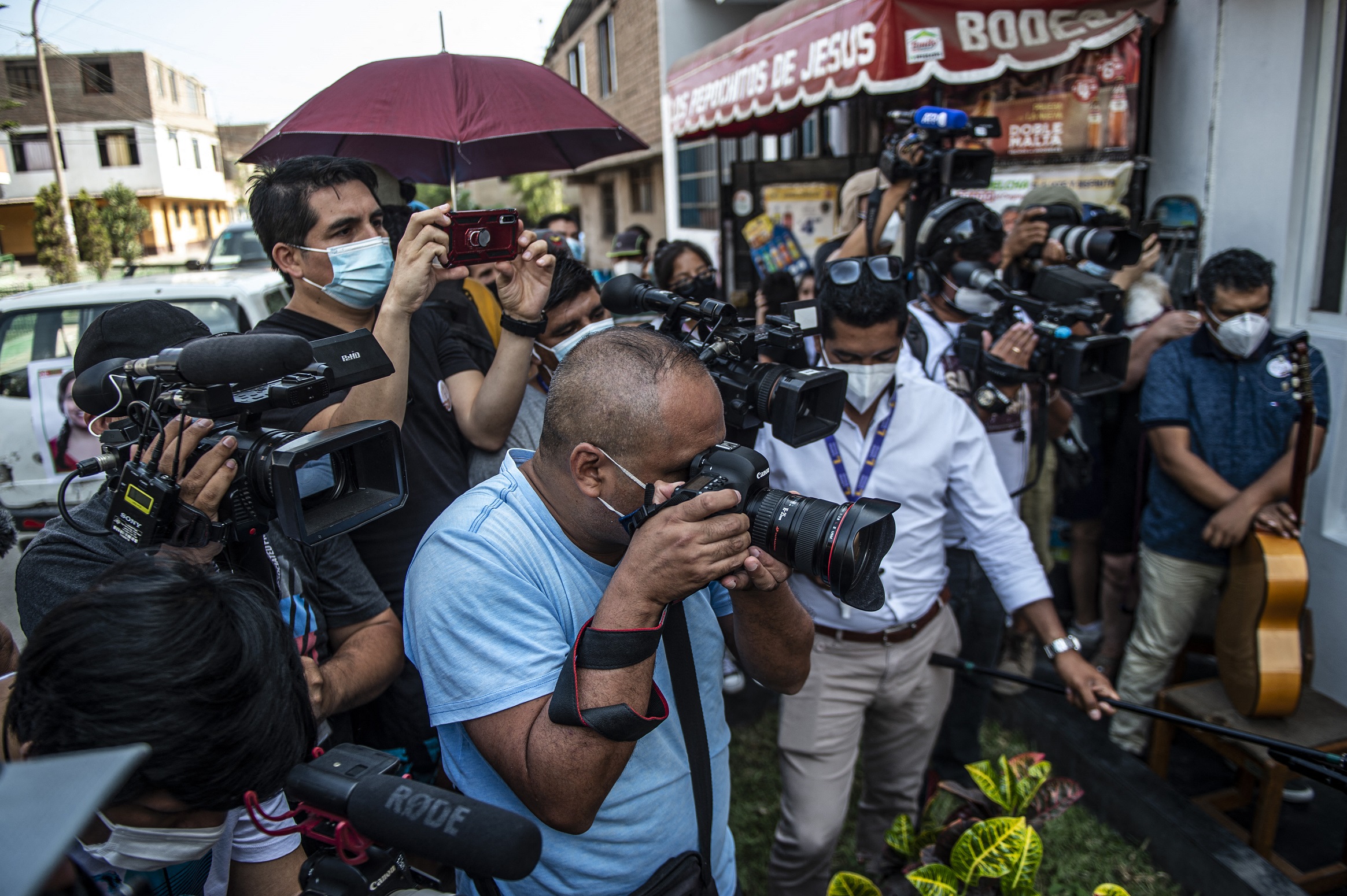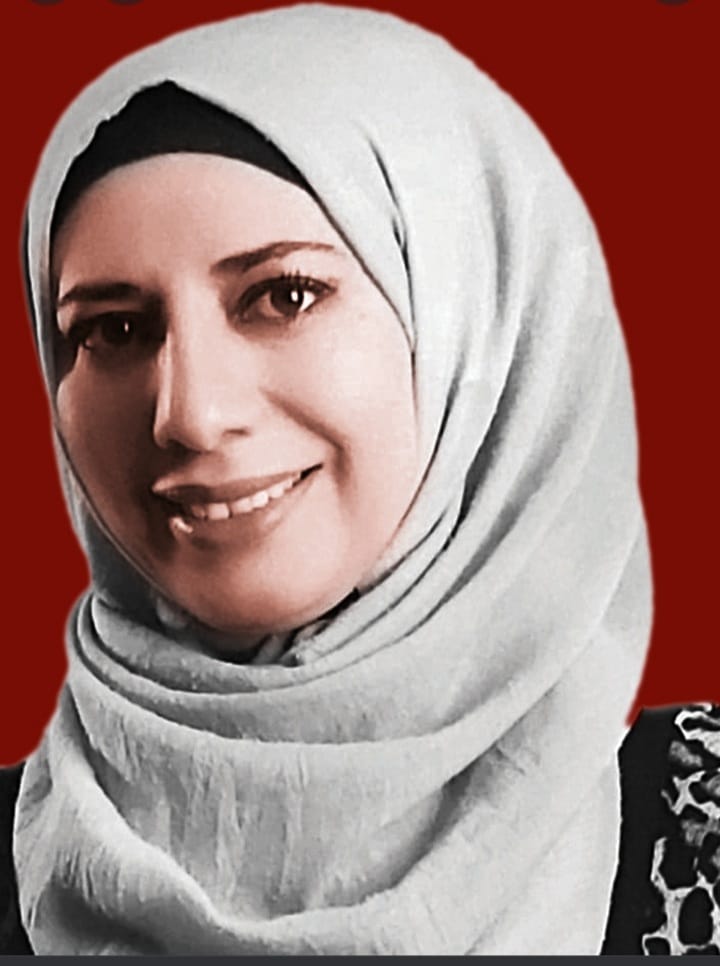لم يعتقد الكثيرون بأن جائحة كورونا ستجعل الحالة الاستثنائية هي المشهد العام الذي يسّود العالم، ولم يعتقد الكثيرون أيضًا أنّ حالة الطوارئ وإعلان العمل بقوانين خاصة استثنائية سيكون ضرورة لازمة، أو هكذا قدر العديد من الدول من أجل الحفاظ على حق منح صفة الأولوية والاستعجال للحق في الصحة.
بعد هذه الرحلة الطويلة مع فيروس كورونا، بدأت أسئلة مشروعة وعميقة تطفو على سطح الأحداث، فهل كنا نحتاج فعلا إلى هذا الكم من القوانين الاستثنائية واستحضار حالة الطوارئ، وهل تقيدت الدول بمحدداتها؟ هل تتسم التغطيات الصحفية والإعلامية لجائحة كورونا بإفراد مساحة كافية للجانب الحقوقي المتعلق بالمعايير الدولية لحقوق الإنسان التي تفرض شروطا لا بدّ وأن تلتزم بها الدول خلال هذه الظروف الاستثنائية وإلا عدت منتهكة لحقوق الإنسان وحرياته؟ وهل كانت المقاربة بين تقييد وتعطيل حقوق الإنسان وبين متطلبات إعلان حالة الطوارئ حاضرةً بصورة تؤدي إلى كشف الحقائق حول الانتهاكات خلال هذه الجائحة؟
الحق في الإعلام
شكلت جائحة كورونا سببا واقعيًا وقانونيًا لفرض حالة الطوارئ بالنسبة للعديد من الدول، وهي صلاحية يلعب الهامش التقديري فيها مساحة واسعة في ظل نصوص دستورية وقانونية وطنية فضفاضة، حيث وجد العديد من دول العالم أنّ تشريعاته القائمة غير كافية لمواجهة هذا الفيروس والحدّ من انتشاره.
في خضم هذه التجربة الإنسانية الفريدة والنادرة على حدّ سواء واجه الحق في الإعلام تحديات عدة، ووجد الصحفيون والإعلاميون أنفسهم أمام حالة من عدم اليقين فيما يجوز نشره أوتناوله أو تداوله، وازدادت سطوة الرقابة الذاتية خوفًا من الوقوع تحت مقصلة القانون وما تفرضه الجائحة خاصة في بداياتها. تعاملت دول العالم مع الفيروس على أنّه ذلك المخلوق الذي سيفتك بالشعوب إن لم ترضخ للإجراءات والقوانين ومتطلبات الطوارئ الخاصة. وكانت فكرة الربط بين إعلان حالة الطوارئ وبين ضرورة انتفاء أو تعطيل العمل بالعديد من الحقوق والحريات، بغض النظر عن طبيعتها، هي الفكرة التي يتم الترويج لها، وخلق مبررات وذرائع تؤصل لوجودها.
على أرض الواقع شهد العديد من دول العالم إجراءات خاصة أثناء وصول الجائحة إلى ذروتها تمثلت في الإغلاقات والمنع التام لأي تجمعات سلمية وتعطيل أو الحد بصورة كبيرة من الحق في حرية التنقل وإغلاق المنشآت الصناعية والتجارية وغير ذلك، مع ضبابية في البروتوكولات الصحية المتبعة لمعالجة المصابين بفيروس كورونا. يضاف إلى ذلك تضارب المعلومات حول أسباب الوفاة في دول أخرى وغياب الرقابة على أماكن الحجر الصحي، كما لاحق العديد من سلطات الدول جزائيا (جنائيا) من اعترض على هذه الإجراءات بالتعبير عن رأيه. وطال ذلك بعض الصحفيين والإعلاميين الذين تطرقوا لمدى فعالية هذه الإجراءات وتأثيرها على قطاعات واسعة من المجتمع. ناهيك عن الرقابة غير المباشرة على الصحف والسياسة التحريرية من خلال تحديد سقف ما يتم تداوله أو طرقه من موضوعات.
وفق منظمات حقوقية -أبرزها منظمة هيومن رايتس وتش- ومنذ يناير/كانون الثاني 2020، سنّت 24 دولة على الأقل قوانين وتدابير غامضة تجرم نشر معلومات كاذبة مزعومة أو تغطيات أخرى للوباء. كما استخدمت السلطات في 55 دولة على الأقل القوانين واللوائح لمنع انتشار الفيروس للاعتقال التعسفي واحتجاز ومقاضاة منتقدي استجابة الحكومة لفيروس كورونا أو لسياسات لا علاقة لها بالوباء تؤدي إلى الغرامات والحبس. كما هددت على الاقل 33 دولة المنتقدين، وشمل ذلك مقاضاتهم في بعض الأحيان. إلى جانب ذلك، قامت الحكومات في العديد من دول العالم بالمراقبة الرقمية ووسعت من نطاقها بما يشكل في العديد من الحالات انتهاكا للحق في الخصوصية...
تغطيات صحفية قائمة على نهج حقوقي
في ظل هذا المشهد العام كله كان الحق في الإعلام ـوكما هو دائما- الأداة الرئيسة اللازمة والضرورية للوفاء بحق الجماهير في معرفة الحقيقة، إلا أن محددات حالة الطوارئ والتغطية الصحفية والإعلامية التي افتقدت في جوانب كثيرة إلى النهج الحقوقي وإلى المقاربة مع المعايير الدولية لحقوق الإنسان وتأصيلها دوليا لمجابهة ذرائع ومبررات السلطات حال في العديد من الحالات دون الكشف عن انتهاكات عديدة لحقوق الإنسان أو السكوت عنها باعتبار أن حالة الطوارئ تبررها.
المعاهدات الدولية لحقوق الإنسان منحت الدول صلاحيات بتقييد الحقوق وتعطيل بعضها في حالات الطوارئ؛ وفق شروط محددة. فالدول ملزمة بتثبيت هذه التقييدات لدى الأمم المتحدة، وبيان الأسباب التي دفعتها إلى اتخاذها، وأن تتخذ هذه الإجراءات في أضيق الحدود، وأن لا تنطوي على تمييز ضد أي فئة لأي سبب كان، بالإضافة إلى مراعاة أية إجراءات تتخذ لمبدأ التناسب بين الإجراء وحجم الخطر والضرر المتوقع، ومراعاة مبدأ الشرعية. وذلك بأن ينص القانون على هذه القيود التي يقع على عاتق الدولة عبء تبريرها. مع الإشارة والتأكيد أن هناك حقوقا تتخذ صفة الإطلاق؛ لا تقبل التقييد أو التعطيل لأي سبب كان حتى في حالة إعلان الطوارئ مثل حظر التعذيب والاعتراف بالشخصية القانونية وعدم جواز رجعية القوانين وغير ذلك من الحقوق التي نص عليها العهد الدولي الخاص بالحقوق المدنية والسياسية، إلا أن التطرق لهذه الشروط المفصلية والجوهرية لم يجد مساحة كافية له.
لم تجد الفكرة الرائجة والمروجة التي تربط بين فكرة انتفاء أو تعطيل الحقوق والحريات خلال فترة إنفاذ حالة الطوارئ مكانا بارزا لها في التغطيات الإعلامية. هذه الفكرة التي لا تعكس الفلسفة العميقة لحالة الطوارئ؛ فالتشريعات عموما الأصل فيها أنّها أداة ملزمة لحماية الحقوق والحريات في الحالات الطبيعية أو الاستثنائية، وما يدلل على ذلك أن القرارات التي تتخذ خلال هذه الفترة الاستثنائية تقبل الطعن والتعويض في الغالبية العظمى من التشريعات المقارنة.
المساحات المتواضعة لمحددات حالة الطوارئ وفق المعايير الدولية لحقوق الإنسان، ومدى التزام الدول بها في التغطيات الصحفية لتداعيات جائحة كورونا على منظومة حقوق الإنسان؛ ربما أحد أسبابها الرئيسة عدم المعرفة الكافية لدى الصحفيين والإعلاميين بهذه المعايير، والاكتفاء في أحيان كثيرة بالمقاربة مع التشريعات الوطنية الضيقة والتسليم بذرائع السلطات القانونية والموضوعية. الأمر الذي أثر سلبا في قدرة الأفراد بالمقابل على معرفة الحقيقة الكاملة بصورة تمكنهم من تكوين الآراء وتشكيل المواقف، ليكون هو أداة الرقابة والمساءلة والمحاسبة على القرارات والإجراءات والسياسات المتخذة من قبل السلطات.








































